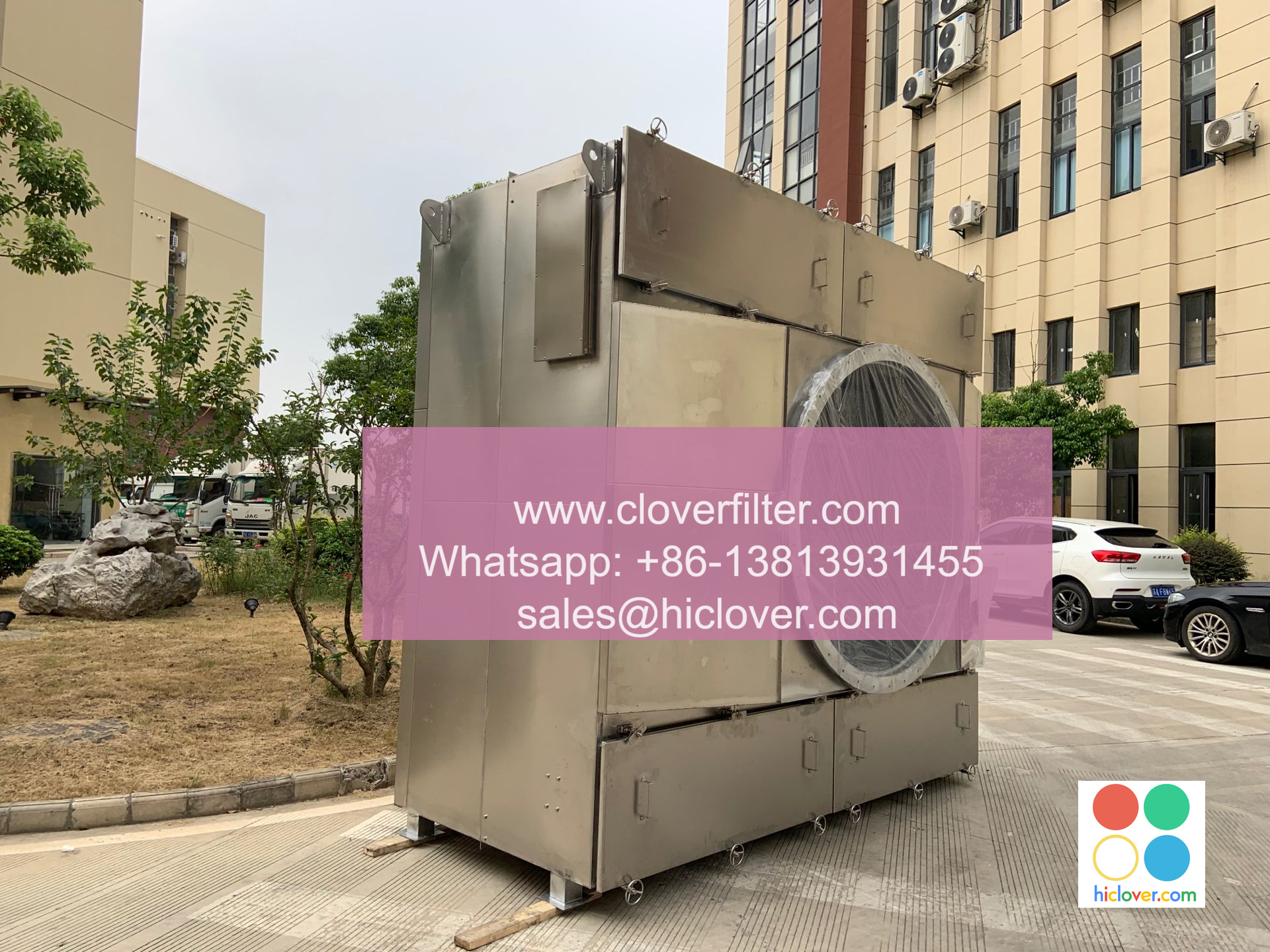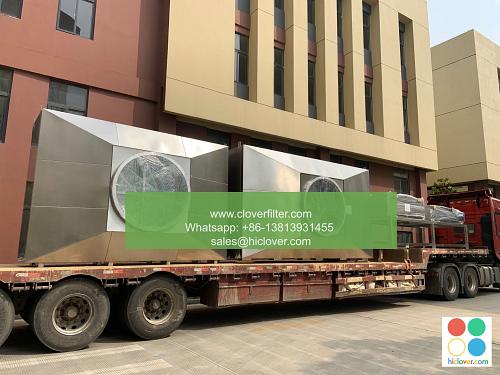Air Filter for Military Bases: Choosing the Right One

The air quality on military bases is crucial for the health, safety, and performance of personnel, as well as the upkeep of sensitive equipment. A reliable air filter system is essential for maintaining optimal indoor air quality (IAQ) and preventing the spread of airborne contaminants. In this article, we will discuss the importance of air filtration on military bases and provide guidance on choosing the right air filter for various applications.
Importance of Air Filtration on Military Bases
Military bases are unique environments that require specialized air filtration solutions. The presence of heavy equipment, vehicles, and hazardous materials can generate high levels of airborne pollutants, including particulate matter (PM), volatile organic compounds (VOCs), and biological contaminants. Poor air quality can lead to respiratory problems, decreased productivity, and compromised equipment performance. Effective air filtration is critical for:
* Personnel Health and Safety: Protecting soldiers and staff from airborne hazards, such as chemical and biological agents, and reducing the risk of respiratory diseases.
* Equipment Maintenance: Preventing damage to sensitive equipment, such as electronics and communication systems, from dust, dirt, and other airborne contaminants.
* Operational Readiness: Ensuring optimal performance and reliability of critical systems, such as command and control centers, data centers, and laboratories.
Types of Air Filters for Military Bases
There are several types of air filters that can be used on military bases, each with its own strengths and weaknesses. Some common types include:
* HEPA (High Efficiency Particulate Air) Filters: Designed to capture 99.97% of particles as small as 0.3 microns, including dust, pollen, and bacteria.
* Activated Carbon Filters: Effective against gases, VOCs, and odors, making them ideal for applications where chemical contaminants are present.
* UV (Ultraviolet) Filters: Using UV light to kill bacteria, viruses, and other microorganisms, providing an additional layer of protection against biological contaminants.
* Pre-Filters: Designed to capture larger particles, such as dust and dirt, before they reach the main filter, extending its lifespan and improving overall system performance.
Applications Areas for Air Filters on Military Bases
Air filters are used in various applications on military bases, including:
* Dormitories and Barracks: Improving IAQ and reducing the risk of respiratory diseases among personnel.
* Command and Control Centers: Protecting sensitive equipment and maintaining optimal performance in critical systems.
* Laboratories and Research Facilities: Providing a clean and controlled environment for scientific research and experimentation.
* Vehicle Maintenance Facilities: Reducing exposure to airborne contaminants, such as diesel particulate matter, and improving equipment maintenance.
* Field Hospitals and Medical Facilities: Maintaining a sterile environment and preventing the spread of airborne infections.
Choosing the Right Air Filter for Military Bases
When selecting an air filter for a military base, consider the following factors:
* Contaminant Type and Level: Identify the types and levels of airborne contaminants present in the environment.
* Filter Efficiency and Capacity: Choose a filter that can capture the required percentage of particles and has sufficient capacity for the application.
* Space and Installation Constraints: Consider the available space, installation requirements, and maintenance accessibility.
* Regulatory Compliance: Ensure the filter meets relevant regulations, such as ASHRAE and DoD standards.
* Cost and Maintenance: Evaluate the total cost of ownership, including filter replacement, maintenance, and energy consumption.
By understanding the importance of air filtration on military bases and considering the various application areas and filter types, facilities managers and engineers can make informed decisions when choosing the right air filter for their specific needs. A well-designed air filtration system can help maintain optimal IAQ, protect personnel and equipment, and ensure operational readiness. It seems like you forgot to include the actual prompt. Please go ahead and provide the prompt, and I’ll do my best to assist you!

